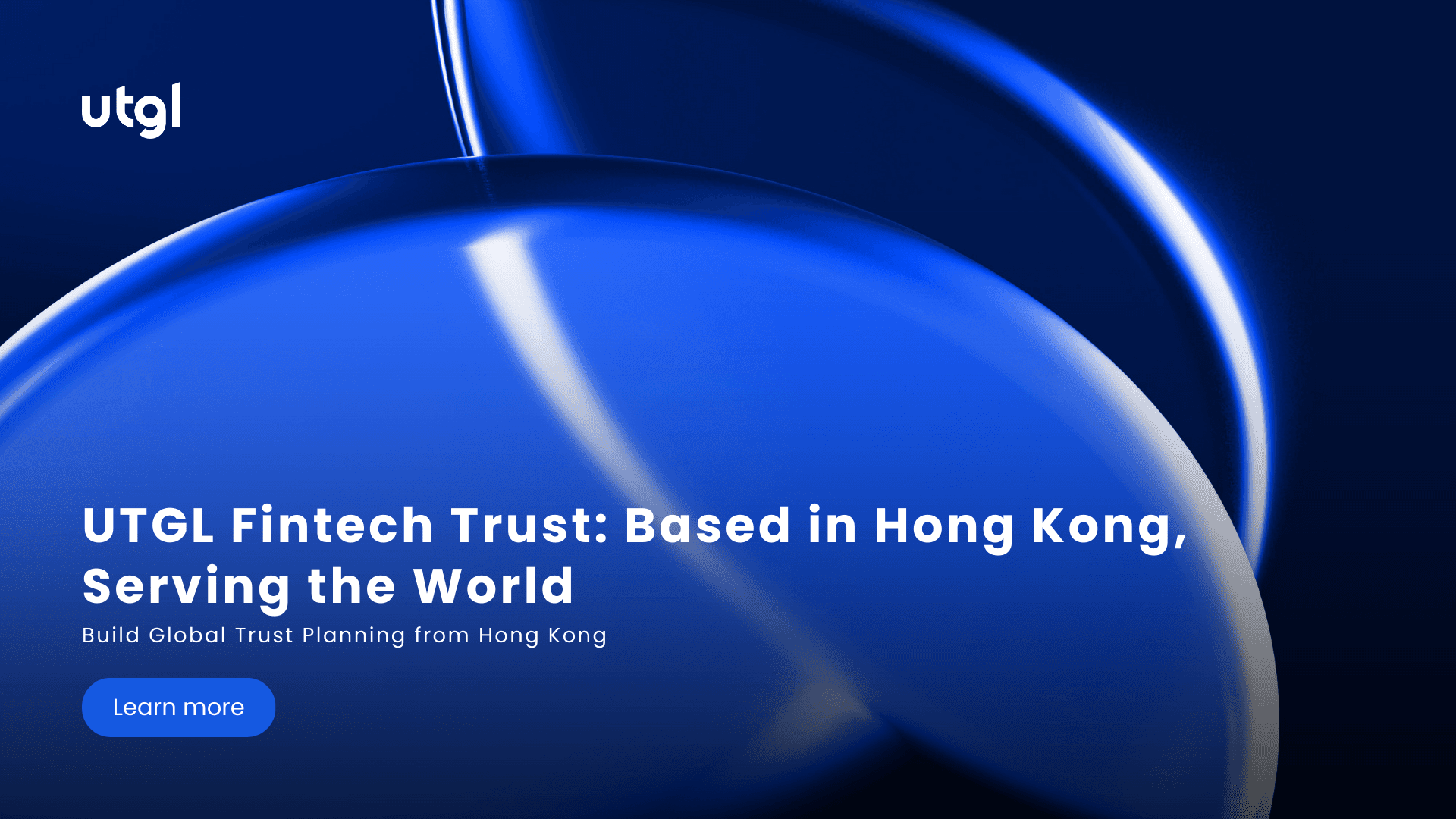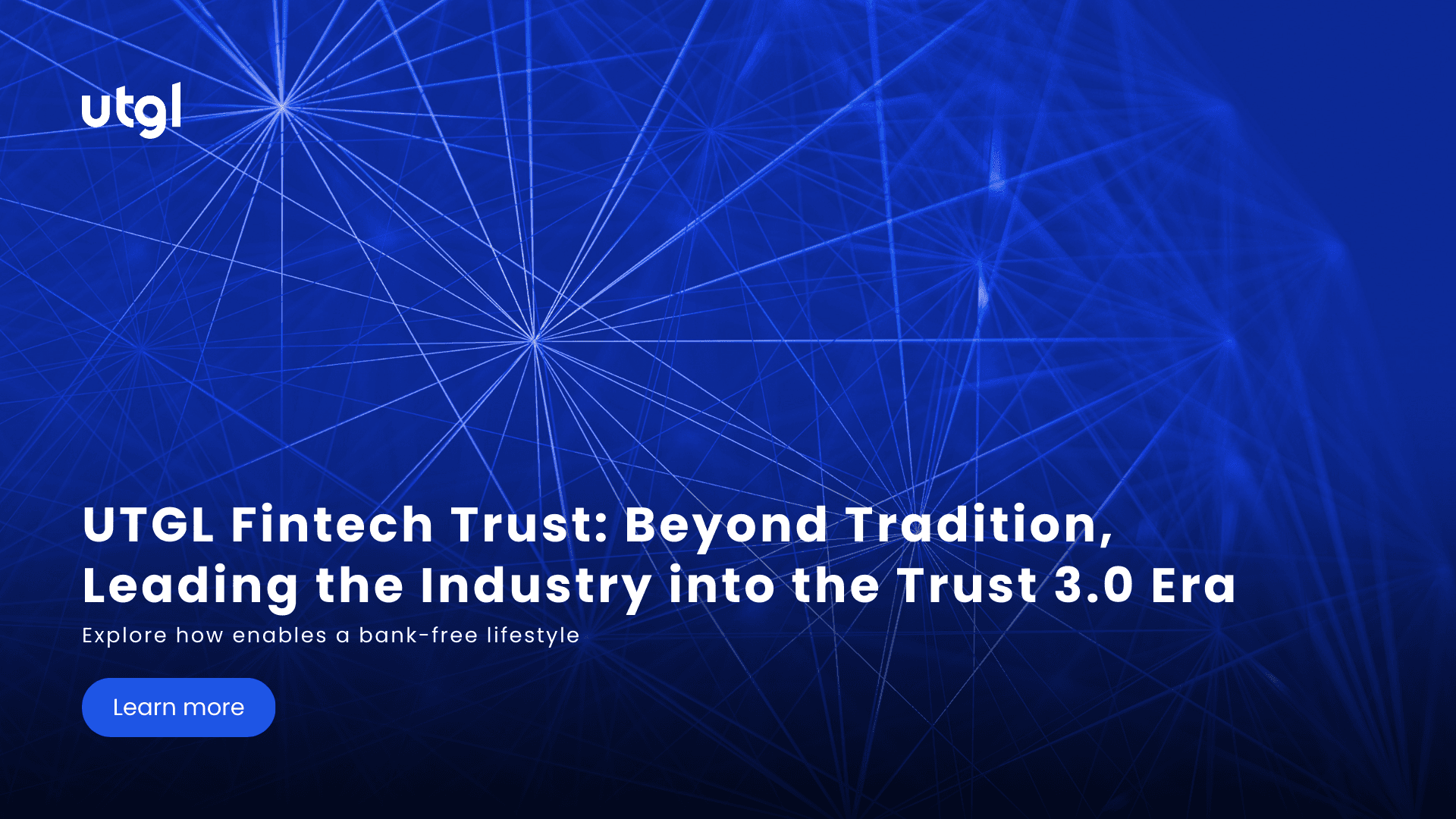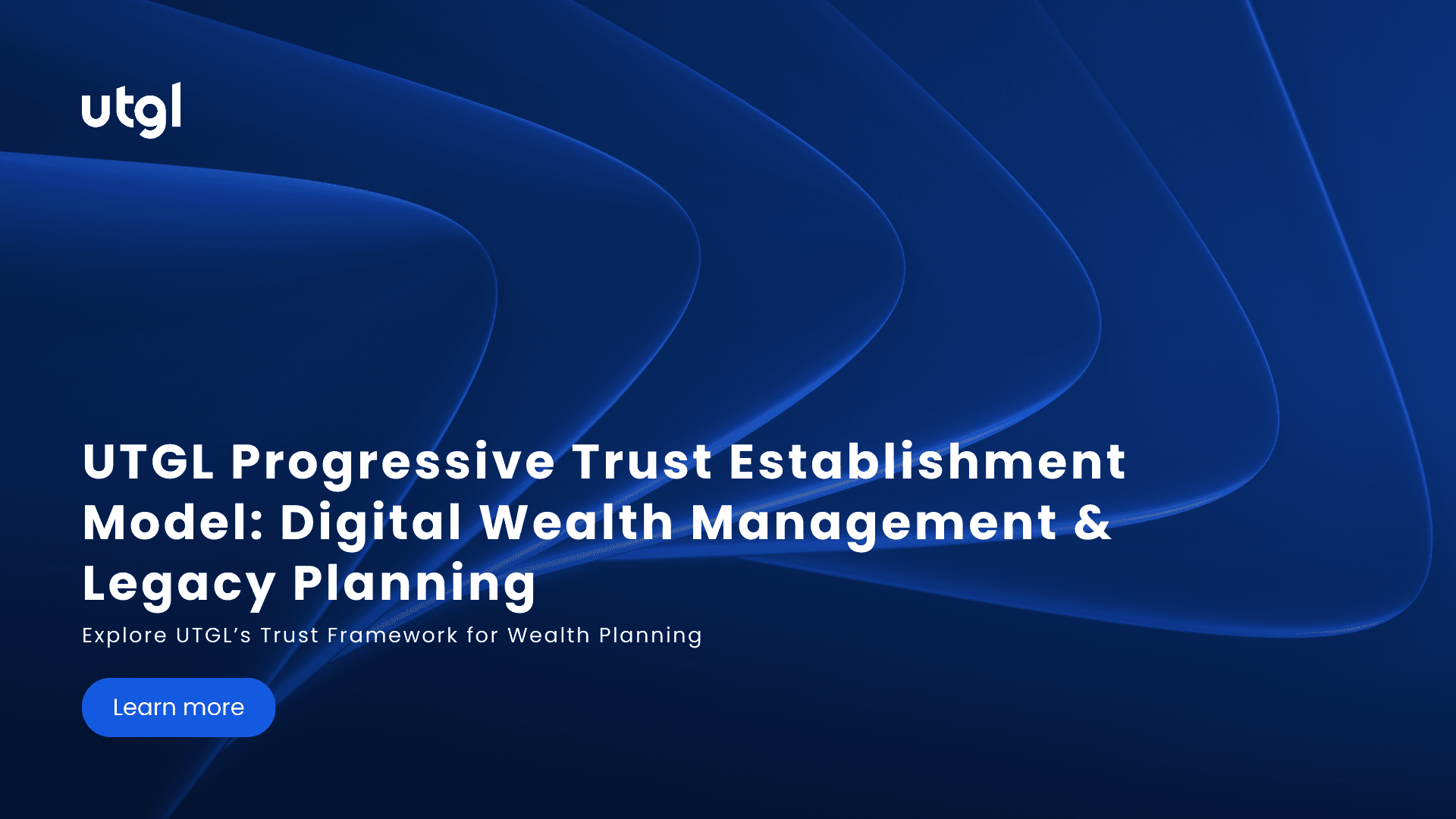Industries
Jul 18, 2024
Table of Contents
Comparing Giants: Family Offices in Singapore vs. Hong Kong
Key Takeaways
In the evolving landscape of global wealth management, family offices in Asia are emerging as formidable entities. Fueled by the region's rapid economic growth and rising wealth, these private wealth management firms are becoming essential for high-net-worth individuals. Reflecting this trend, Anurag Mahesh, former head of UBS family-office operations in Asia, noted that 'the number of family offices being set up in Asia far outpaces the rest of the world.' Currently, 9% of the world’s approximately 20,000 family offices are located in Asia. This article explores the rise of family offices in Asia, their key functions, the challenges they face, the trends shaping their future, and a comparative analysis of family office hubs in Singapore and Hong Kong.
The Ascendancy of Family Offices in Asia
The Asian family office sector is experiencing rapid expansion. Recent statistics indicate a significant increase in the number of family offices across the region, fueled by growing wealth and an increasing demand for professional wealth management services. China, India, and Singapore are at the forefront of this trend, with family offices in these countries overseeing substantial asset portfolios.
Singapore has emerged as a key hub, hosting more than half of Asia's family offices. Meanwhile, Hong Kong aims to attract 200 additional family offices by 2025. India has seen remarkable growth in this sector, with the number of family offices rising from 45 in 2018 to over 300 currently, according to a PwC report. This growth is expected to continue, particularly as business founders establish more ventures in smaller cities.
Looking ahead, China's ultra-high-net-worth individual (UHNWI) population is projected to grow from 88,000 in 2022 to 132,000 by 2027, further driving the expansion of family offices in the region.
Several factors contribute to this rise:
Economic Boom:
Asia's robust economic performance has led to significant wealth creation.Generational Wealth Transfer:
Many Asian families are transitioning wealth to the next generation, necessitating professional management.Desire for Control:
HNWIs and UHNWIs prefer the personalized control over their investments that family offices offer.Confidentiality and Privacy:
Growing concerns for confidentiality and privacy drive the demand for secure wealth management solutions.Cost and Tax Efficiency:
The need for cost-effective and tax-efficient strategies is paramount.Complex Financial Needs:
Increasing complexity in financial needs requires professional expertise to ensure compliance with regulators.
Core Functions of Family Offices
Investment Management:
Family offices excel in managing diversified investment portfolios. They employ sophisticated strategies to optimize returns while mitigating risks. From equities and bonds to alternative assets like private equity and real estate, family offices ensure that investments are well-balanced and aligned with the family's financial goals.
Wealth Preservation and Estate Planning:
Preserving wealth across generations is a cornerstone of family office services. They provide comprehensive estate planning solutions, ensuring that wealth is transferred smoothly and tax-efficiently. This includes setting up trusts, foundations, and other structures to safeguard assets.
Philanthropy and Social Impact:
Many family offices are deeply involved in philanthropy. They manage charitable activities and impact investments, reflecting the family's values and desire to give back to society. Strategic philanthropy initiatives not only create positive social outcomes but also enhance the family's legacy.
Family Governance:
Effective governance is crucial for managing family dynamics and ensuring cohesive decision-making. Family offices establish governance frameworks, including family constitutions and councils, to align the interests of family members and mitigate conflicts.
Overcoming Challenges
Regulatory Compliance:
Navigating the complex regulatory landscape in Asia can be daunting. Family offices must stay abreast of local and international regulations to ensure compliance and avoid legal pitfalls. This requires continuous monitoring and expert legal counsel.
Talent Acquisition:
Attracting and retaining skilled professionals is a significant challenge. Family offices need top-tier talent to manage investments, provide advisory services, and ensure smooth operations. Competitive compensation packages and a conducive work environment are essential to attract the best in the industry.
Technology and Cybersecurity:
In an era of digital transformation, family offices must adopt advanced technology solutions. This includes investment management platforms, data analytics tools, and robust cybersecurity measures to protect sensitive information and assets.
Emerging Trends Shaping the Future
ESG and Sustainable Investing:
Environmental, Social, and Governance (ESG) criteria are becoming integral to investment decisions. Family offices are increasingly focusing on sustainable investments that generate positive environmental and social impacts alongside financial returns.
Digital Transformation:
The adoption of digital tools is revolutionizing family office operations. Technologies such as artificial intelligence, blockchain, and data analytics enhance efficiency, improve decision-making, and provide deeper insights into investment opportunities.
Globalization and Cross-Border Investments:
Family offices are expanding their horizons by exploring cross-border investment opportunities. This trend is driven by the search for higher returns and diversification benefits in global markets.
Professionalization:
There is a clear trend towards greater professionalization within family offices. Adopting best practices from institutional investors, hiring experienced professionals, and implementing robust governance structures are becoming standard.
Comparative Analysis: Singapore vs. Hong Kong
As two of Asia's leading financial hubs, Singapore and Hong Kong are prime locations for family offices. While both offer a conducive environment for wealth management, there are key differences that may influence the choice of one over the other.
Regulatory Environment:
Singapore: Known for its stable and transparent regulatory framework, Singapore offers a favorable environment for family offices. The Monetary Authority of Singapore (MAS) provides clear guidelines and incentives, such as the Variable Capital Companies (VCC) framework, which offers flexibility in fund management.
Hong Kong: Hong Kong also boasts a robust regulatory framework, all types of investments are overseen by the Securities and Futures Commission (SFC). The city offers various tax incentives and has recently introduced the Limited Partnership Fund (LPF) regime to attract private investment funds.
Single Family Office Tax Incentives:
Singapore and Hong Kong offer attractive tax incentives to attract high-net-worth families establishing Single Family Offices (SFOs) and Family Investment Holding Vehicles (FIHVs).
Approval Process: Singapore requires detailed approval from MAS, while Hong Kong has a simpler election process.
Incorporation Requirements: Singapore mandates local incorporation for 13O, whereas Hong Kong does not require local incorporation.
Operational Requirements: Singapore demands a Singapore-based family office; Hong Kong requires in-city investment professionals.
Flexibility: Hong Kong offers more flexibility with simplified operational presence requirements.
Charity Considerations: Both regions provide tax incentives for charitable activities, with differing caps and structures.
Talent Pool:
Singapore: Singapore has a highly skilled workforce and is home to numerous international financial institutions. The government’s proactive policies in education and professional development contribute to a steady supply of talent.
Hong Kong: Hong Kong has a deep pool of financial talent, bolstered by its long-standing status as a global financial center. The city’s proximity to Mainland China provides additional advantages in terms of market access and opportunities.
Financial Infrastructure:
Singapore: Singapore boasts a highly developed financial infrastructure, including a wide range of financial services and products. The presence of numerous international banks and financial institutions enhances its appeal as a financial hub.
Hong Kong: Hong Kong’s financial infrastructure is equally robust, with a well-established stock exchange and a wide array of financial services. Its role as a major trading and financial gateway to China adds to its strategic importance.
Innovation and Technology:
Singapore: Singapore is a leader in financial technology (fintech) innovation. The government's support for fintech startups and initiatives such as the FinTech Regulatory Sandbox foster a culture of innovation.
Hong Kong: Hong Kong is also making strides in fintech, with initiatives like the Fintech Supervisory Sandbox and the presence of numerous fintech hubs. However, it is often seen as playing catch-up to Singapore in this domain.
Cost of Doing Business:
Singapore: The cost of doing business in Singapore is relatively high, but this is offset by the ease of doing business and the efficient regulatory environment.
Hong Kong: Hong Kong is known for its relatively lower corporate tax rates, but the high cost of office space can be a deterrent for some businesses.
Conclusion
Family offices in Asia are rapidly becoming titans of wealth management. Their ability to provide tailored investment strategies, preserve wealth, and engage in impactful philanthropy makes them indispensable for Asia's HNWIs and UHNWIs. As they navigate challenges and embrace emerging trends, family offices will continue to play a pivotal role in shaping the future of wealth management in the region.
Whether choosing Singapore for its regulatory clarity, or Hong Kong for its financial talent and market access, family offices have a wealth of opportunities in Asia’s thriving landscape.
Hong Kong offers a distinctive advantage in long-term succession planning with its perpetual trust structures, which surpass Singapore's 100-year trust limit. This feature provides families with an enduring legacy tool to ensure wealth is preserved and managed across generations. UTGL can assist in leveraging Hong Kong's robust framework to establish lasting, resilient family office structures that cater to your unique needs and aspirations.
For more insights into how family offices can help you manage and grow your wealth, please visit here or contact us today. UTGL provides custom-designed trust structures specifically tailored for family offices. Our services represent the pinnacle of modern wealth management, meticulously crafted to meet the unique needs of discerning families and individuals.
RELATED ARTICLES




